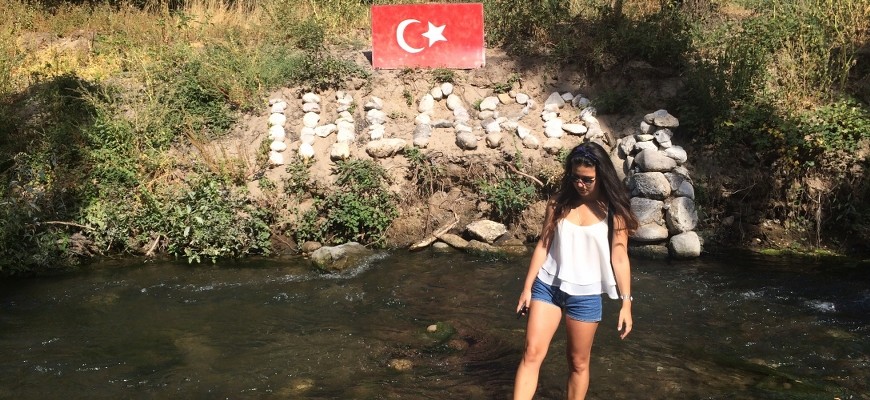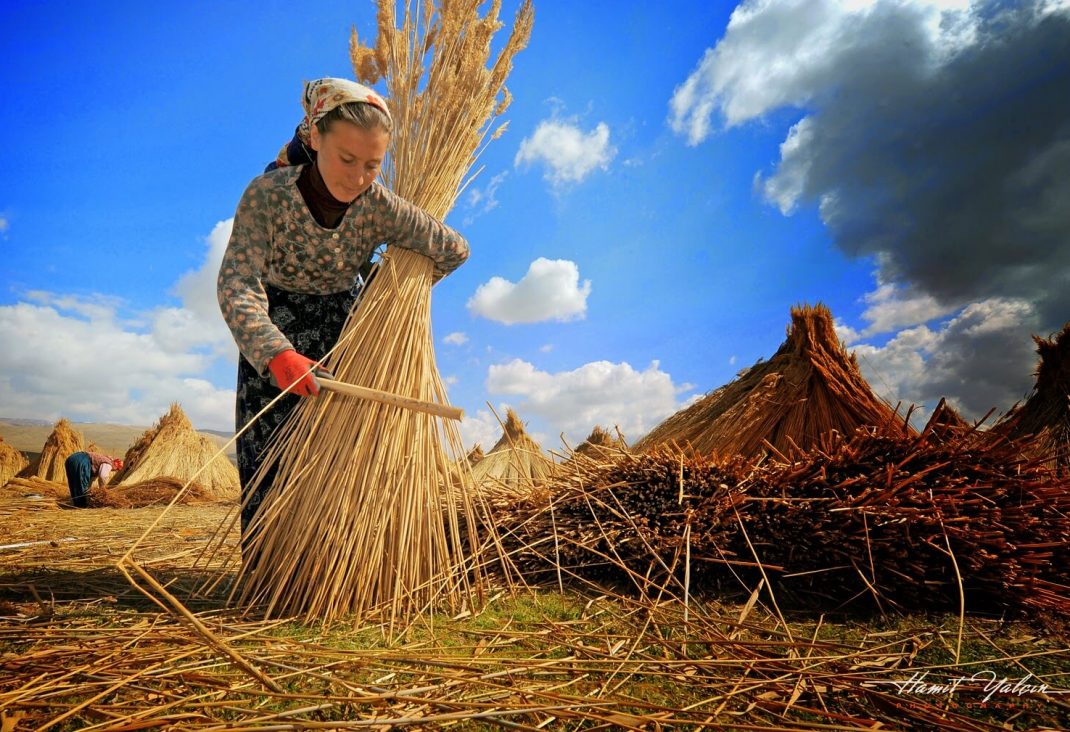WOMEN IN TURKEY REPUBLIC
Rapid social change in 20th-century Turkey transformed the social roles of Turkish women, particularly members of the urban upper classes. Rural and poor areas, however, remain largely traditional. In the move to create a progressive republic, Atatürk’s reforms gave women nearly the same legal status as men, which included suffrage and the right to hold office. Women began to enter the workforce during World War II, occupying positions as teachers, clerical workers and industrial laborers. By the 1970s, many women held positions in education and health care, and, in some regions, women held upper-level positions in fields like law and medicine. In fact, more Turkish women worked in these fields during the early 1980s than did their French and American counterparts. In 1993, Tansu Çiller became Turkey’s first female prime minister.
The wedding code of the early Republic decreed an end to traditional rituals such as bride fees and arranged marriages, emphasizing marriage as a personal contract between two individuals. The reforms also recognized a woman’s right to demand a divorce. Vestiges of the traditional marriage system still exist in rural areas weddings in these areas often consist of two ceremonies, one civil and the other more religious and family oriented whereas, in urban areas, marriage is a very Western institution.
Because they circumscribed Atatürk’s goal of increasing Turkey’s population, abortion and sterilization were illegal in the early days of the republic. A 1965 law, however, expanded the availability of birth control information and services, and, in 1967, abortion was legalized for up to 10 weeks after conception.
While traditional gender roles persist in less modernized areas of the country, women continue to gain power in Turkey.













Leave a Reply